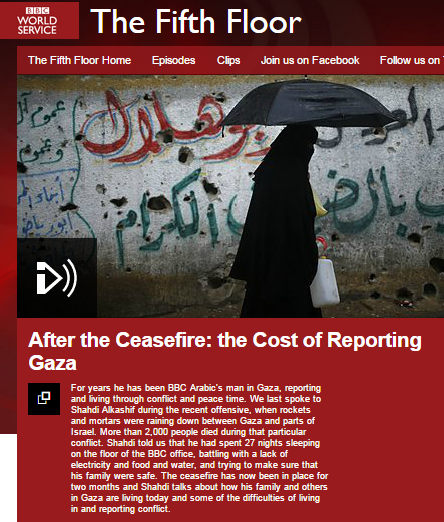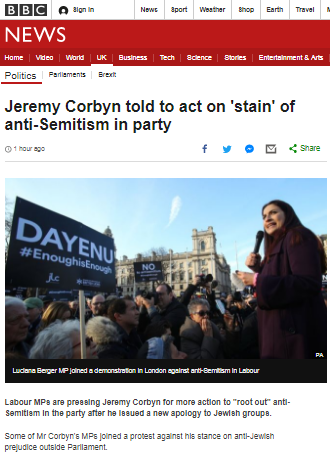While BBC audiences were told much on the topic of ‘settlements’ in the corporation’s generous coverage of UNSC resolution 2334, as noted here at the time only one BBC News website article made a brief – and not entirely accurate – mention of the clauses in that resolution relating to another topic.
“References to the parts of the resolution condemning terror and incitement were to be found in just one of the BBC’s reports. In contrast to the impression given to BBC audiences, the word ‘Palestinian’ is in fact not included in that part of the text.
“French UN Ambassador Francois Delattre said the “key goal” of the resolution was “to preserve and reaffirm the two-state solution”. […]
“It also condemns the violence and terrorism. It also calls to prevent all incitement from the Palestinian side so this is a balanced text.”” (report 2)”
Those clauses read as follows:
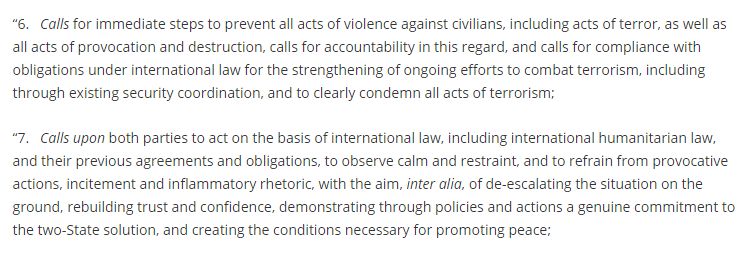
Given the considerable interest in this UNSC resolution displayed by the BBC, one might have anticipated that the self-styled “standard setter for international journalism” would have deviated from its practice over the past three years and provided its funding public with some coverage of the glorification of terrorism seen at this year’s celebrations of the first terror attack carried out by Fatah in 1965.
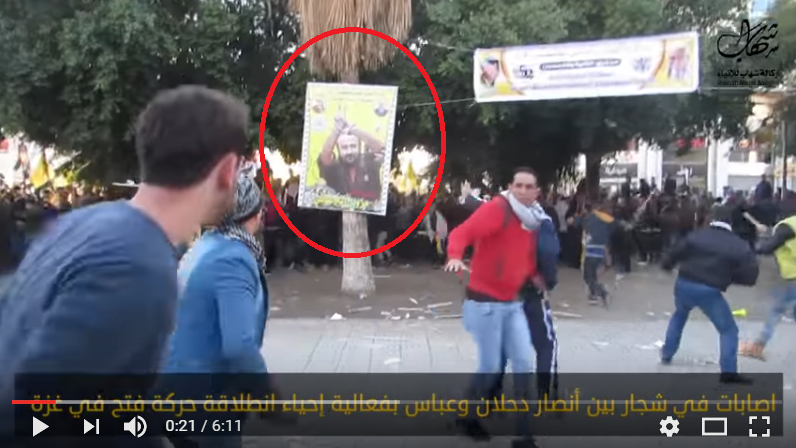
Gaza Strip – poster showing convicted terrorist Marwan Barghouti.
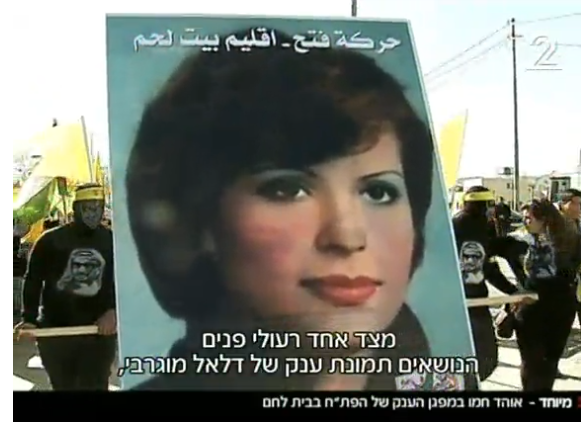
Bethlehem – poster showing terrorist Dalal Mughrabi.
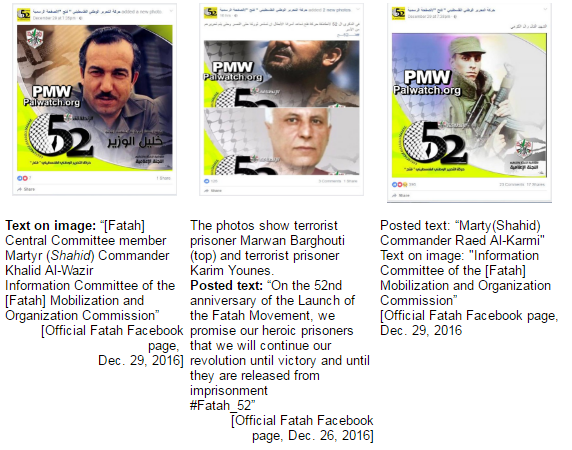
However, the BBC did not produce any coverage at all of the ‘Fatah Day’ celebrations that took place just days after the UNSC approved the above texts.
Clause 12 of UNSC resolution 2334 states that it:
“Requests the Secretary-General to report to the Council every three months on the implementation of the provisions of the present resolution”
One can but hope that the new UN Secretary-General and the permanent members of the Security Council – including the UK – do not rely exclusively on the BBC for news.



